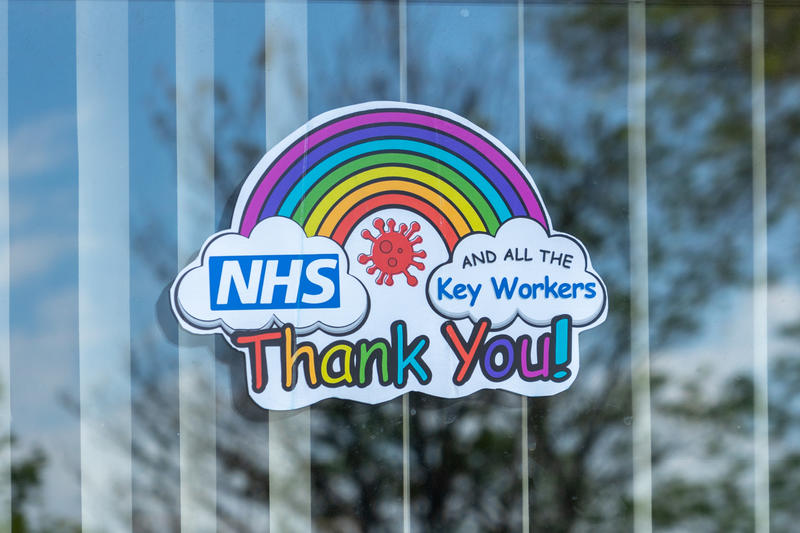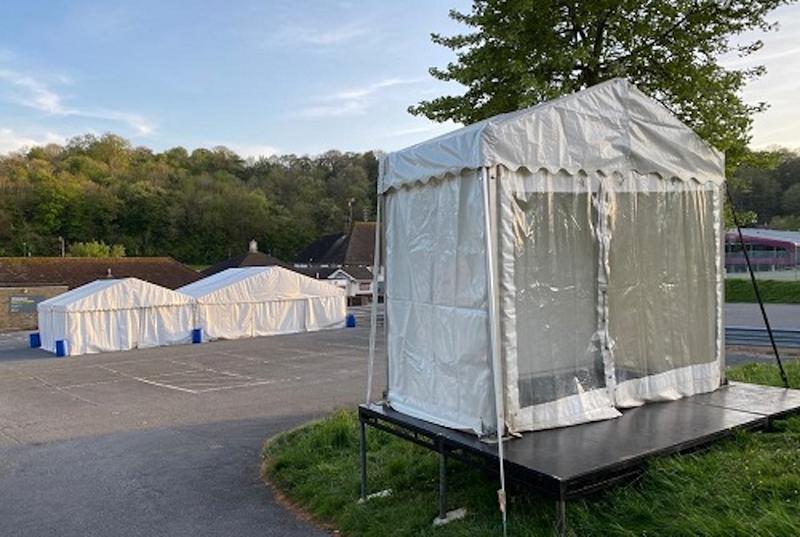THE UK REVOLUTION IN PRIMARY HEALTHCARE

THE UK REVOLUTION IN PRIMARY HEALTHCARE
COVID-19 has transformed the NHS family doctor service
Published: 29 June 2020
Author: Trish Greenhalgh
Share this article
For years, general practice was described as the ‘cornerstone’ of the NHS. Founded on the principles of what is known as ‘relationship-based care’ (a personal relationship with a single clinician who could in theory look after you from your cradle to your grave), general practice in the NHS was a service that almost everyone knew how to access – and one they frequently did. The average person pops in to see their GP five times a year, and only a tiny proportion are referred on for hospital care.
Because COVID-19 is so contagious, the way general practice works has changed dramatically. It has become impossible to walk into a GP surgery and ask to be seen. Patients must now apply online, phone the surgery or contact the national advice line NHS111. They must then wait – and will eventually get a call-back (phone or video) from a clinician, or offered a face-to-face appointment, possibly in a ‘hot hub’ – a restricted area on a chosen site where patients can see a clinician for other conditions, like pre-existing diabetes, kidney disease or heart complaints. The speed of change has been dramatic. Within three weeks of the first Covid-19 death in the UK, 93% of all GP-patient consultations were occurring by phone or video.

Experimental COVID ‘Hot Hub’ in England, assembled in 2 days in April. Patients attended the widely-spaced, tented space in cars on a drive-through-only basis.
Credit: NHS England
These changes to what used to be the family doctor service are radical, frightening and difficult. They cut to the core of what it is to care and be cared for, and what ‘good’ and ‘excellent’ health services look and feel like.
At an organisational level, this shift from in-person to what I’m calling remote-by-default consulting is the fastest and most extensive introduction of a radical service innovation since the NHS was established in 1948. Clinicians are faced with a triple novelty: a new disease (uncertain, serious, contagious), a new way of interacting with patients (phone, video) and major changes to workflows and clinical pathways.
At the time of writing, with the peak UK infection rate in the past, much is still at stake. Lives depend on GPs ensuring that the right patients get sent to hospital at the right time to ensure benefit from critical care without overwhelming the hospital with referrals. This requires accurate identification of cases for urgent referral, as well as monitoring of those with moderate disease – often through the medium of a new or repurposed technology.
The rapid emergence of new hardware and software products to support video consulting was a relatively small part of the story (all worked pretty well; none were perfect). Success of remote models of care is not just about the functionality of technologies but also about their clinical safety, how we make them work, and the extent to which NHS infrastructure can accommodate them quickly enough.
We know from health systems research that disruptive technological innovation, especially in heavily institutionalised environments, is complex, uncertain, challenging and risky. I’m delighted that my interdisciplinary team of researchers have just been awarded a grant from UKRI’s COVID response fund to explore the clinical, technical, organisational and professional challenges of the shift to remote-by-default.
We’ll be using a mix of different methods to generate a study – including making use of new technologies ourselves to offer our team as ‘virtual researchers-in-residence’ to help staff in different general practice sites adjust to the changes and collect data on what’s going well and less well.
Complexity theory tells us that timely analysis of emerging data followed by rapid adjustment of both technologies and processes at local level helps embed and sustain change. Just as important is building strong relationships and trust with individuals expected to deploy the changes.
My research team will also be collecting quantitative data and using sophisticated data linkage methods to correlate assessment scores recorded by GPs with subsequent outcomes in hospital. And, subject to patient and clinician consent, we’ll be video-recording actual video consultations and analysing the interactions using something called conversation analysis to get a handle on the interactional dynamics.
I hope we’ll discover a silver lining in the Covid-19 cloud, in the form of evidence-based knowledge that will help us sustain a more flexible service in general practice in the longer term. I for one would sometimes prefer to contact my GP by video than make an unnecessary journey to the surgery!
Beyond the UK there is a broader picture. Every health service in the world is trying to balance the trade-off between a conventional face-to-face service and the effective and efficient use of new technology to support remote consulting.
Achieving high-quality video consulting at pace and scale is not going to be easy. We hope that this Oxford study, when complete in 2021, will help generate evidence-informed guidance that will be useful in other countries.
Trish (Univ, 1980), is Professor of Primary Care Health Sciences and Fellow of Green Templeton College. She accepted an OBE in 2001 for services to evidence based medical care.















